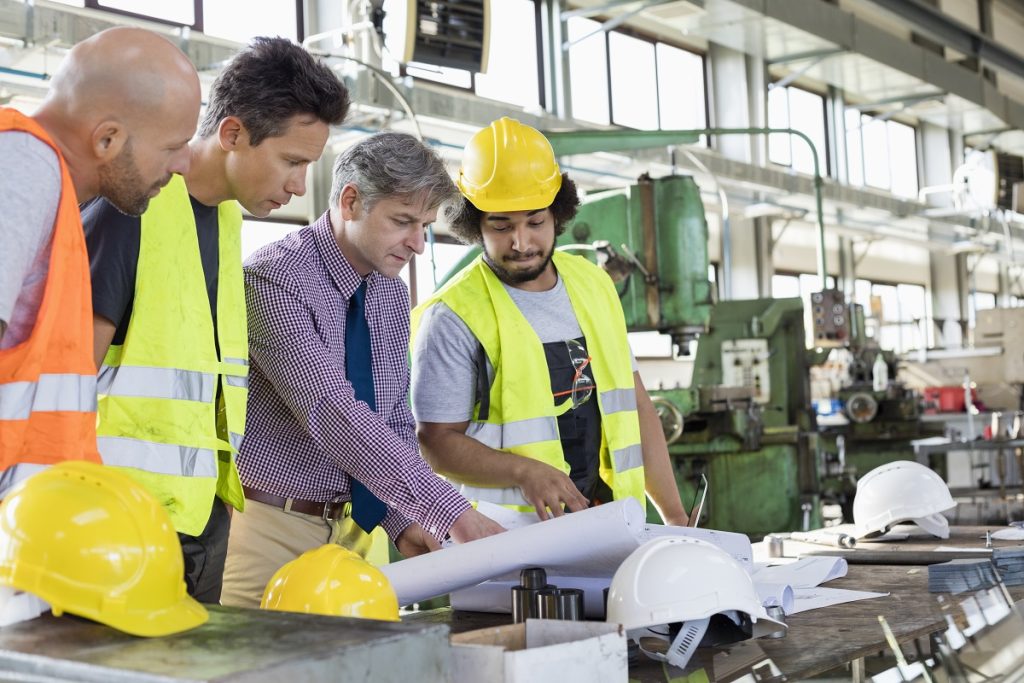- Identify and address structural issues in your house before they become a bigger problem.
- Evaluate the severity of the issue by looking for structural warning signs such as cracks and sloping floors.
- Engage experts for a professional evaluation to identify the issue’s source, extent, and repair options.
- Strengthening structural components through reinforced walls, beams, foundations, and additional support installations is crucial.
- Take preventive measures and maintain your house’s structural integrity with regular inspections and maintenance routines.
Your house is not just your home but also your investment. Everyone wants their house to look beautiful and impressive from the outside, but it’s not just about the exterior design and decorations. The structural integrity of your house is critical for its safety, longevity, and property value.
While cosmetic fixes can make your house look new, addressing the structural issues before they become a bigger problem is essential.
Structural issues may not always be visible, but they can cause significant damage to your house if not addressed promptly. Common warning signs of structural problems include foundation cracks, sloping or sagging floors, wall cracks, and moisture or water damage.
This blog post will help you understand the importance of fixing structural problems, identifying the severity of the issue, engaging experts for professional evaluation, and taking preventive measures to maintain your house’s structural integrity.
Assessing the Severity of Structural Problems
It’s not always easy to determine the severity of structural problems just by looking at them. Some issues may seem minor but could indicate a more significant matter.
Conducting a Thorough Inspection
Before addressing structural issues, it’s recommended to thoroughly inspect your house’s structure to identify the root cause of the problem.
It’s essential to assess the entire house, including the foundation, walls, roof, and floors, to determine the extent and severity of the problem. If the extent of the problem is significant, it’s better to engage experts for further evaluation.
Engaging Experts for Professional Evaluation

Structural issues require a professional evaluation from qualified engineers or home inspectors. They have the right skills and equipment to identify the source and extent of the problem and recommend the appropriate repair options.
Additionally, they can provide an estimate of the repair cost and the potential impact on the value of your property.
Understanding the Impact on Safety and Property Value
Structural issues can significantly impact your house’s safety and property value. If left unattended, they can pose a safety risk to your family and increase the repair cost dramatically.
Moreover, unaddressed structural problems can decrease the resale value of your property by up to 30%. By fixing structural issues promptly, you can ensure your family’s safety and maintain or even increase the value of your property.
Addressing Structural Concerns
Structural concerns refer to damage or issues affecting your house’s foundation and structural integrity. Poor design, aging, pests, and environmental elements can cause them.
Foundation Repairs and Reinforcement
The foundation is the backbone of your house, and any issues must be resolved as soon as possible. Foundation repairs and reinforcement involve stabilizing the soil and strengthening the foundation to prevent further damage. Repairs can range from simple patching of cracks to more complex installations of foundation piers and beams.
Structural Repairs for Walls and Floors
Walls, roofs, and floors form the essential components of a house and are prone to structural damage. Wall cracks and bulges can be caused by soil pressure or inadequate support.
Floors can also sag or become uneven over time, damaging other house components. Structural repairs such as wall reinforcement, roof replacement or repair, and floor leveling should be undertaken to address these issues.
Roof Repairs
The roof is one of the most critical elements in a home, and its damage can cause significant problems if not addressed. Roof issues can result from weather elements such as heavy winds or rain. An old or damaged roof can result in leaks, mold growth, and other problems that may affect the structural integrity of your home.
An improved roof can add value to your home, improve energy efficiency, and increase curb appeal. Hence, investing in a quality roof installation or repair is crucial in ensuring the protection and longevity of your home.
Strengthening Structural Components

To ensure the longevity and stability of your house, it’s essential to strengthen its structural components. This can be achieved through reinforced walls, beams, and foundations or by installing additional support such as brackets and joists.
In addition, regular maintenance and inspections can help identify and address any potential issues that could harm the structural integrity of your home.
Preventive Measures and Maintenance
Once you have identified and fixed your house’s structural problems, it’s time to take preventive measures and maintain your house’s structural integrity. The following are some helpful tips to keep your home structurally sound.
- Regular Inspections and Maintenance Routines: Inspect your house for any developing structural issues. Also, perform preventive maintenance routines like cleaning the gutters, replacing weather-stripping, and fixing leaks.
- Managing Drainage and Water Infiltration: Ensure proper drainage and water management in your house to avoid water build-up, which can damage your house’s foundation, walls, and roof.
- Maintaining Proper Ventilation and Airflow: Ensure a proper level of ventilation and airflow in your house to avoid moisture build-up, which can lead to structural damage and promote mold growth.
- Addressing Issues Promptly to Prevent Further Damage: Fix any structural issue as soon as you notice it to prevent it from becoming a more significant problem.
Structural issues in your house can be a significant headache, but addressing them as they arise is crucial. A prompt response can prevent further damage, ensure your family’s safety, and maintain your property’s value.
Adopting preventive measures and keeping your house’s structure can significantly prolong its life.

